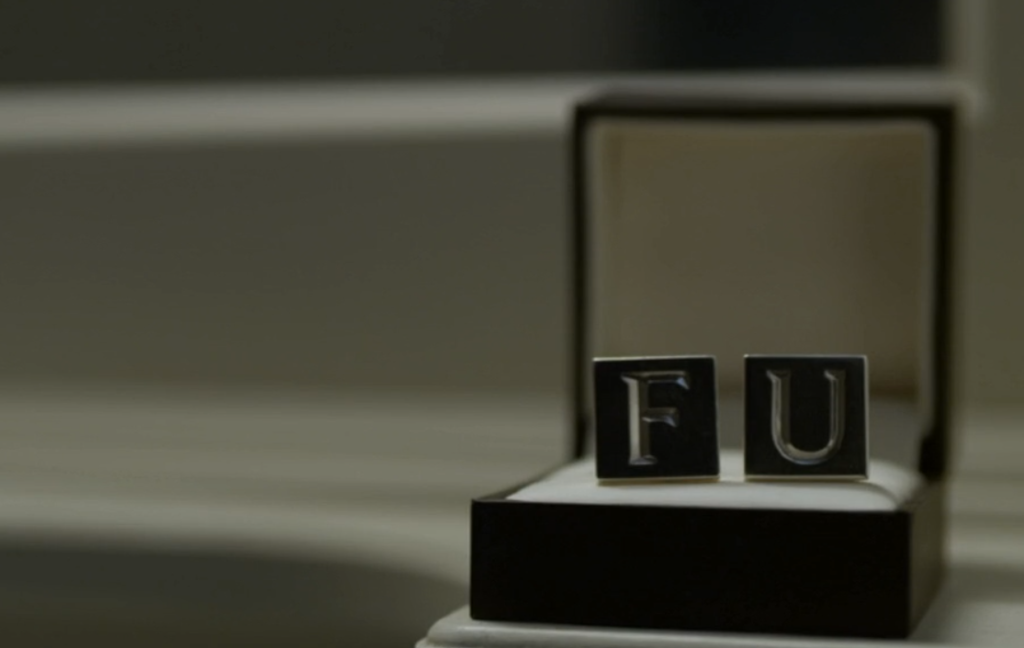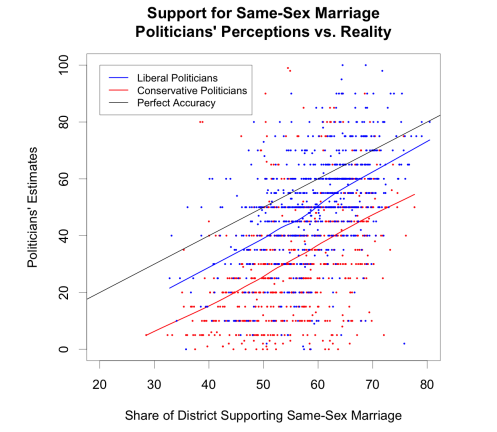About a week or two ago, I ran across a Matt Bai piece in The New York Times called “How Gary Hart’s Downfall Forever Changed American Politics.” It recounted the by-now familiar saga of the eponymous antihero, the presidential candidate who in 1987 had famously disputed allegations of marital infidelity, remarking: “Follow me around. I don’t care. I’m serious. If anybody wants to put a tail on me, go ahead. They’d be very bored.” Weeks later, Tom Fiedler and his colleagues at The Miami Herald did just that, and the rest is history.
There are several problems with this, Bai argues. First, the Gary Hart story itself — that is, the version told and retold time and again — is not an historically accurate, nor chronologically faithful, recounting of the events surrounding Gary Hart’s downfall.
But these inaccuracies disguise an even larger problem, which strikes at the root of journalistic self-identity: what is news? Does marital infidelity cross that threshold? Does lying about it?
Bai took a walk down memory lane, briefly touching on the well-known but mostly ignored liaisons of presidents past, and explaining that it was Watergate — and the instant celebrity its exposure afforded Carl Bernstein and Bob Woodward — that decisively transformed journalism into a perpetual quest for the moralistic coup de grâce. The Point of Journalism somehow shifted to emphasize hypocrisy and moral failures, as opposed to, say, failures of policy.
I think the highest compliment I can pay the piece — and its author, Matt Bai — is to call it challenging. Even as someone who follows both the news and meta-news (that is, news about journalism and the news business), I was struck by how absent these types of questions had been from my mind. For all of us — certainly those who lived through the Watergate era, but perhaps even more so for those of us who’ve lived our entire lives in an ever-thickening cloud of cynicism about the political process — the natural assumption has been that the job of journalists is to take politicians down a notch. Matt Bai took a step back and asked, as if for the first time, why that is.
I suppose it should have come as no surprise, given the tenor of his article, that Bai would soon provoke a response from Tom Fiedler. But what is most astonishing is just how feeble, and just how riddled with unquestioned premises, that reply was. Fiedler asks: “But was it inconsequential when Hart repeatedly, and for weeks before the confrontation, publicly denied that he was a ‘womanizer’?”
Two paragraphs later, Fiedler repeats the question: “That’s not news?” Oddly enough, in both cases he presumes the answer is so patently obvious that it hardly necessitates explanation (which he twice elects not to provide, at least explicitly). But this is precisely the flaw in modern journalism that Bai is questioning: the point is that perhaps this really is not news at all. I’m inclined to agree with him. And Fiedler’s vaguely mocking response doesn’t constitute much of a rebuttal.
Fiedler continues:
Twenty-seven years later, here is the question I would ask of Bai: What should we have done at that moment? Should we have closed our notebooks and caught the next plane back to Miami, concluding that reporting the lie wasn’t newsworthy? That it was inconsequential—and not just to us, but to potentially millions of voters?
Well…yeah. Or perhaps they should never have boarded the plane from Miami to begin with. I can’t speak for Matt Bai here, but it seems to me that this is precisely the question he’s asking: are the lies of Gary Hart newsworthy? But Fiedler doesn’t attempt to answer this: he simply expresses disbelief, repeatedly, that it’s being asked in the first place.
Here he is again:
Some voters might want the media to report a candidate’s positions on the economy, abortion, civil rights, immigration, gun safety and so on. They care little about the candidate’s personal beliefs or behavior. But some voters—indeed, the great majority of voters—are more interested in who the candidate is. This is the much-discussed character issue.
Much-discussed by whom? By the media, of course, of whom Fiedler was a member. At the very least, he’s mistaken correlation for causation. More realistically, he’s simply reversed causation 180 degrees: it’s not that the media discusses character issues because the people want it. People want it, in large part, because the media — conflating journalism and entertainment — helpfully provides it nonstop. Why? Because, among other things, Woodward and Bernstein are household names now, and every other journalist would like to become one as well. Exposing lies, no matter how pedestrian or tangential, is the golden ticket for a career in political media.
Of course, media coverage is an infinitely complex topic, and many factors affect its composition. But Fiedler belies this complexity with his implicit suggestion that it’s not up to journalists to decide what’s newsworthy: “For a journalist to withhold information that more fully reveals the character of a candidate,” Fiedler writes, “would, in my opinion, be a sin of omission.”
But editors commit this sin of omission every day when they decide which stories to run and which to drop, which ones to mount on the front page and which ones to relegate to the back and underneath the fold. Fiedler’s protestations resemble former New York Times editor Bill Keller’s when confronted over his reluctance to use the word “torture” to describe…torture:
Of course, I regard waterboarding as torture. But if a journalist gives me a vivid description of waterboarding, notes the long line of monstrous regimes that have practiced it, and then lays out the legal debate over whether it violates a specific statute or international accord, I don’t care whether he uses the word or not. I’m happy — and fully equipped — to draw my own conclusion.
Fiedler’s argument, akin to Keller’s, is essentially: I just provide the facts, and the readers decide whether it’s relevant. But this is patently false: a work of journalism is inextricably interwoven with the countless reportorial and editorial decisions that produced it. The reporter is no more bound to report on so-called “character issues” than he is on a candidate’s proclivity for pets, or fast food, or French films. But to the extent that he relates any of these facts, he has helped fashion the narrative around which that candidate is viewed.
In other words, there’s no such thing as “just the facts, ma’am” in journalism. As it relates to a candidate’s fitness for office, the closest thing to an “essential” element of political journalism is to examine the policy proposals. Marital infidelity — except for the rare cases in which it demonstrably interferes with one’s ability to conduct official business on behalf of constituents — is a long way from that.
Fiedler begins to wrap things up:
Many people forget that although Hart dropped out of the campaign just days after the Herald’s story in May, he revived his campaign in late December of that year and began running the gauntlet that begins in Iowa, goes on to New Hampshire and then stretches nationwide to the nominating convention. His reemergence provided the acid test of whether Democratic Party voters would sublimate the character question to the policy issues.
So what happened? In Iowa, of the seven Democrats on the caucus ballots, Hart finished sixth. In the next stop in the nominating process, New Hampshire’s fabled primary, Hart finished last. Dead last. This time he quit the race for good. Hart’s positions on the issues hadn’t changed from the heady days when he was the front-runner, before Donna Rice and Monkey Business entered the public discourse. What had changed were the voters, who now knew that Hart had been living a lie.
Once again Fiedler fails to understand something as simple as causation. Matt Bai is asking whether we should fixate on matters of personal character to the extent that we do. And Tom Fiedler’s response is to point out that, after his newspaper did so, voters changed their minds about Gary Hart. But this is an answer to a question that no one’s asking.







